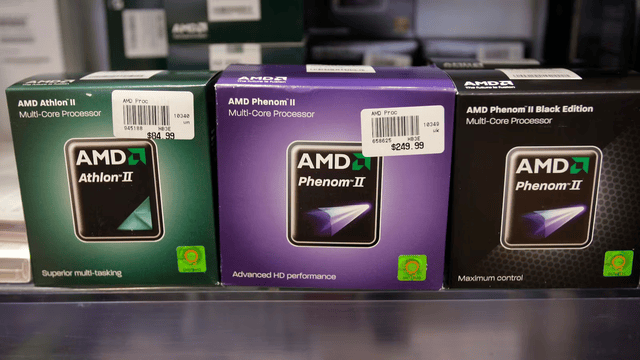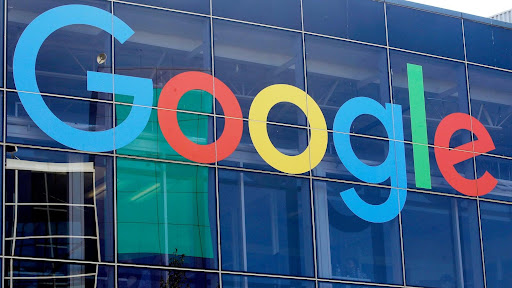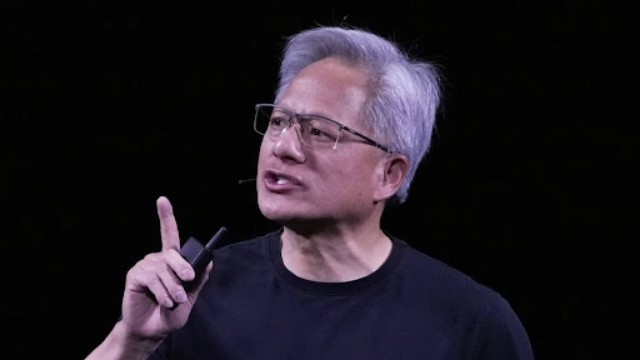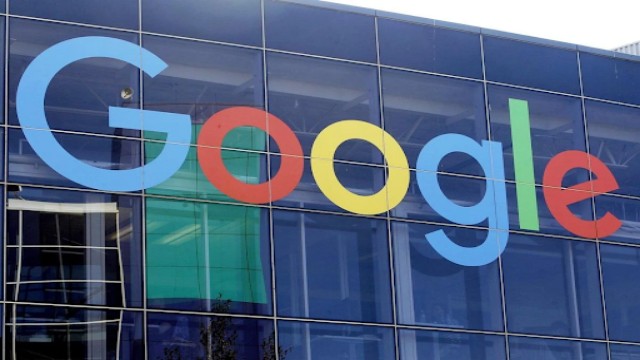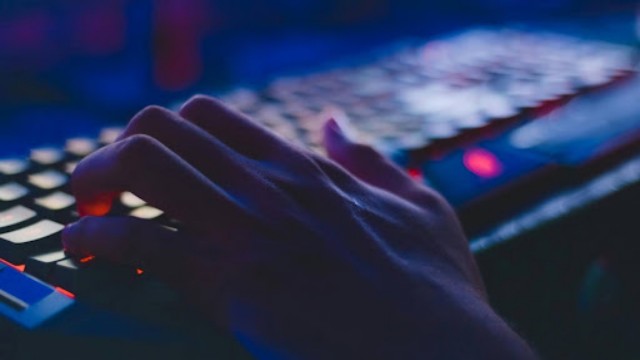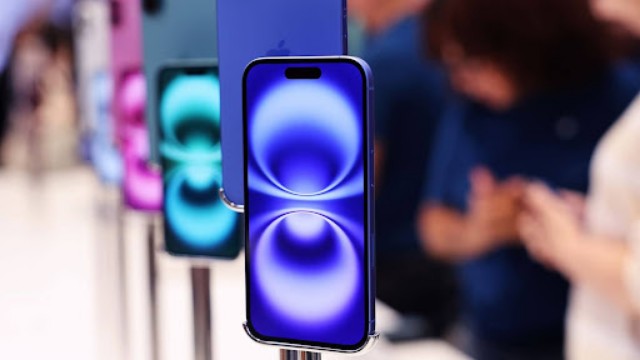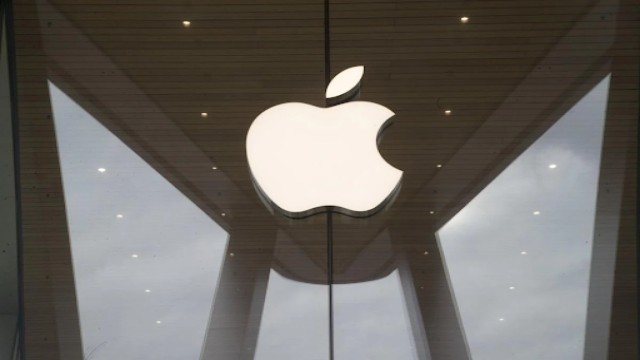
FILE - The famous Apple logo was seen glowing at an Apple retail store on January 3, 2019. (AP Photo/Mary Altaffer, File)
As Apple prepares for its much-anticipated Worldwide Developers' Conference (WWDC) on Monday, the tech giant finds itself under intense scrutiny. Once hailed as a leader in innovation, Apple is now facing tough questions about its position in the ever-evolving world of artificial intelligence and global tech disruption.
Held annually in Silicon Valley, WWDC usually creates a buzz among developers and tech enthusiasts. But this year’s event is expected to be more toned down. In past editions, Apple introduced game-changing products like the Vision Pro headset and hinted at revamping its digital assistant, Siri, with smarter AI features. However, those promises have mostly remained unfulfilled.
Instead of dazzling the world with another groundbreaking product, Apple is expected to focus on revamping its software. Rumours suggest it may give iPhone apps a fresh, more intuitive look and may even change the way it names iOS updates. For example, the upcoming version might be labelled iOS 26, skipping several sequential numbers, to resemble how car companies brand their yearly models.
Despite the challenges, some industry watchers believe Apple is not out of the race. Analyst Thomas Husson from Forrester Research describes the AI competition as a “marathon, not a sprint,” suggesting Apple still has time to catch up. But others note that the company’s slow progress is widening the gap between Apple and its competitors.
Apple’s AI struggle is perhaps most visible in Siri. At last year’s WWDC, the company promised a smarter, more personal version of the virtual assistant. But after delays and setbacks, Apple has dialled back its promotion of Siri. CEO Tim Cook recently admitted that while it's taking longer than expected, improvements are on the way. Yet the pace is lagging behind rivals like Google, which is rapidly embedding AI into its Pixel phones and search engine, and Samsung, which is aggressively pushing AI into its smartphone features.
Adding to Apple’s woes, ChatGPT-maker OpenAI has teamed up with former Apple designer Jony Ive to develop a new AI-powered device that could potentially rival the iPhone — a collaboration many view as a serious challenge to Apple’s dominance in consumer tech.
Beyond innovation hurdles, Apple is also facing legal and financial roadblocks. Two U.S. federal court decisions could significantly impact its revenue. One ruling could put an end to Apple’s $20 billion-per-year deal with Google for default search placement. Another has already cut Apple’s grip on app commissions, allowing developers to bypass its payment system.
On the international front, Apple is again caught in the middle of escalating trade tensions with China. Former President Donald Trump, now in his second term, is pushing for more U.S.-based manufacturing, pressuring Apple to reduce its dependence on Chinese factories. CEO Tim Cook had previously convinced Trump to spare iPhones from tariffs, but the current administration appears less flexible.
All of this uncertainty is rattling Apple’s investors. The company’s stock has plunged nearly 20% this year, wiping out around $750 billion in market value. Once the world’s most valuable firm, Apple now ranks third behind Microsoft and Nvidia, both leaders in the AI space.
As WWDC unfolds, the big question looming isn’t just what the next iPhone will look like — it’s what Apple’s future looks like beyond the iPhone.




